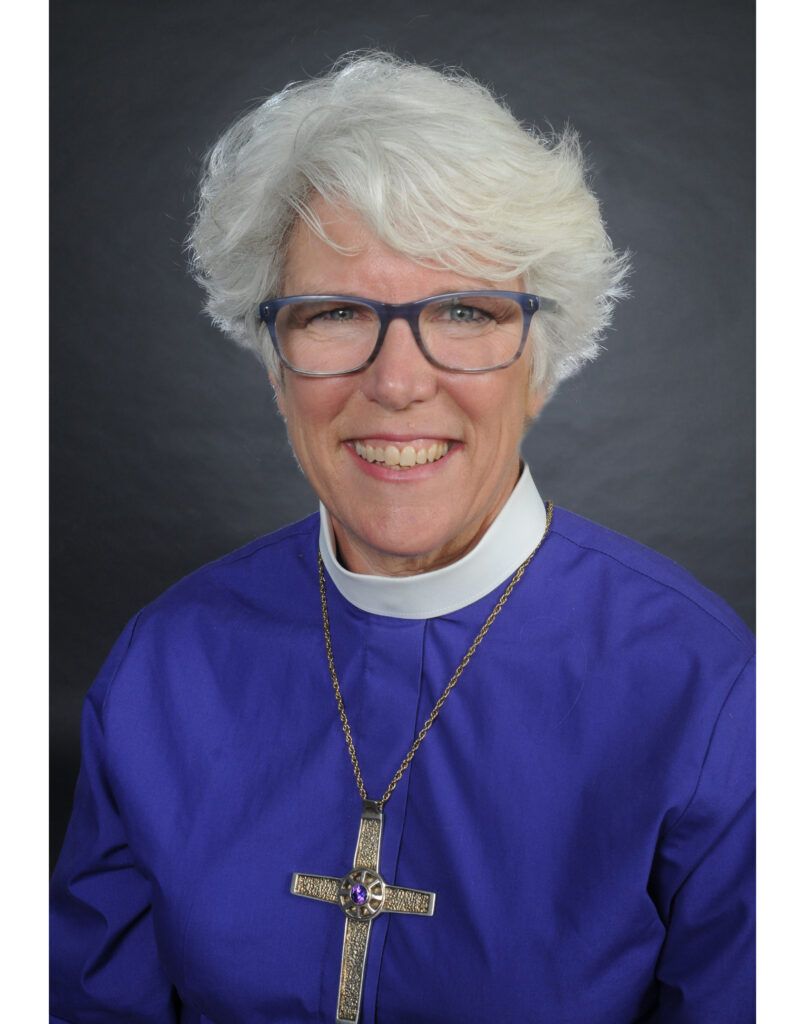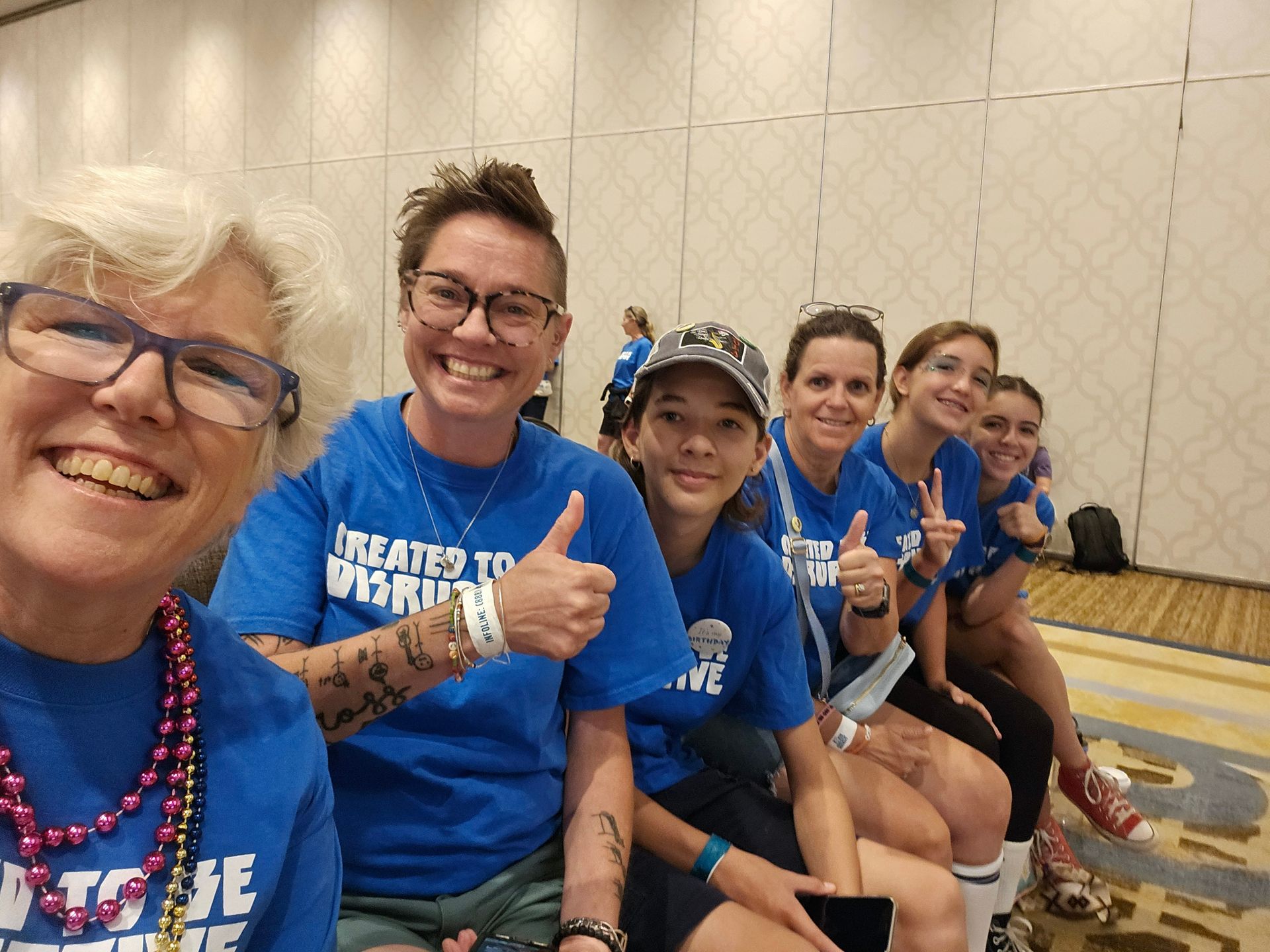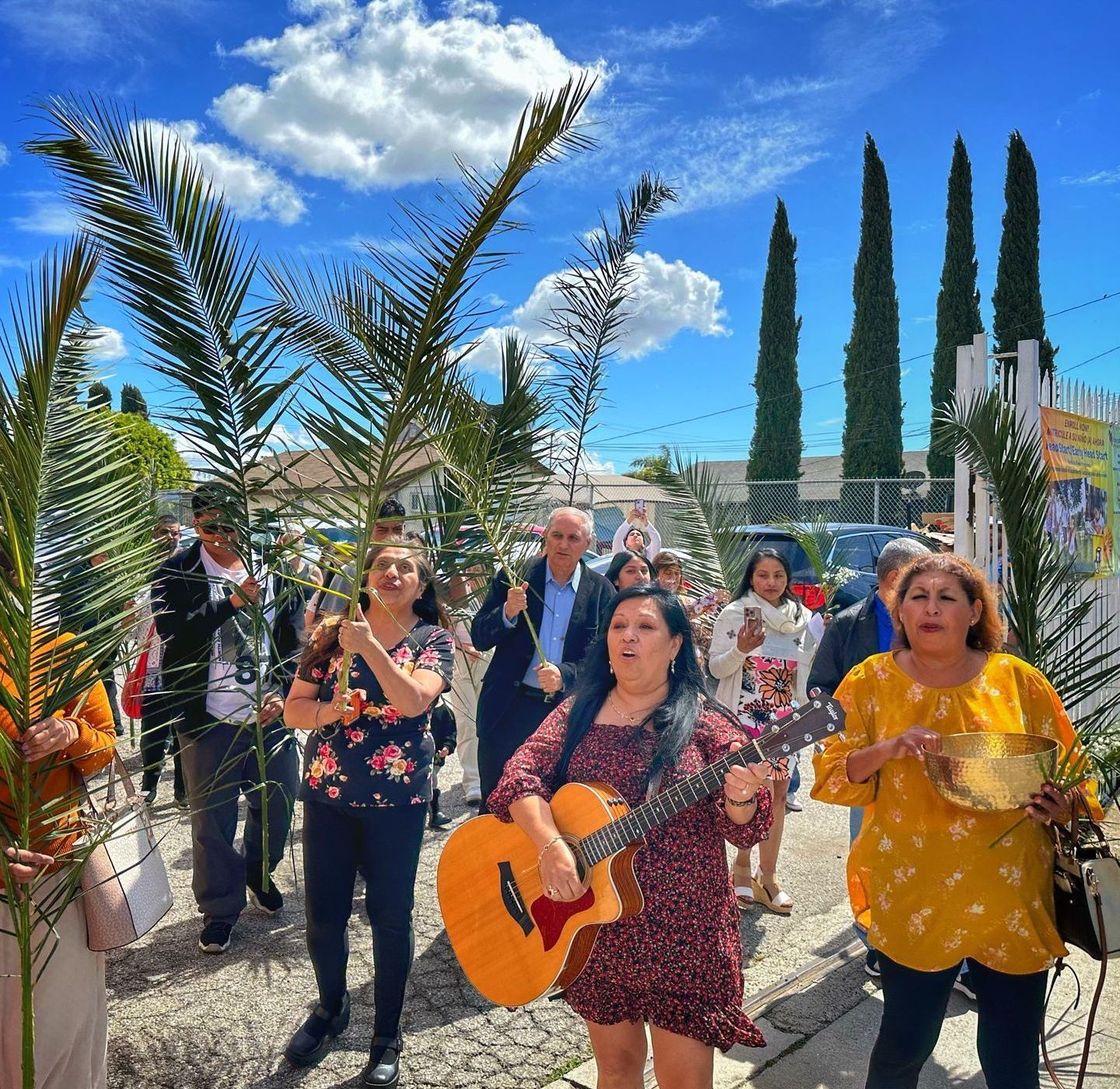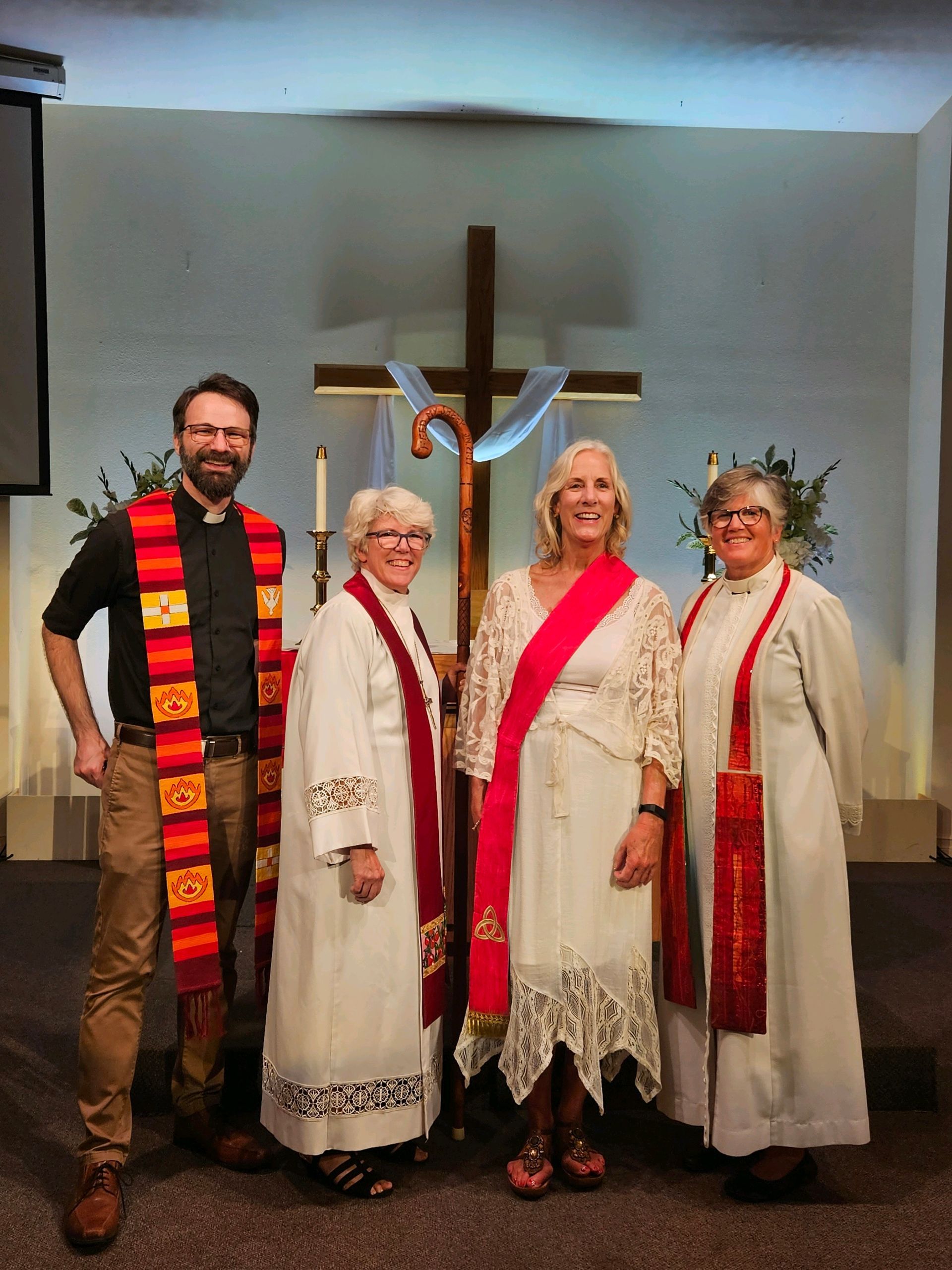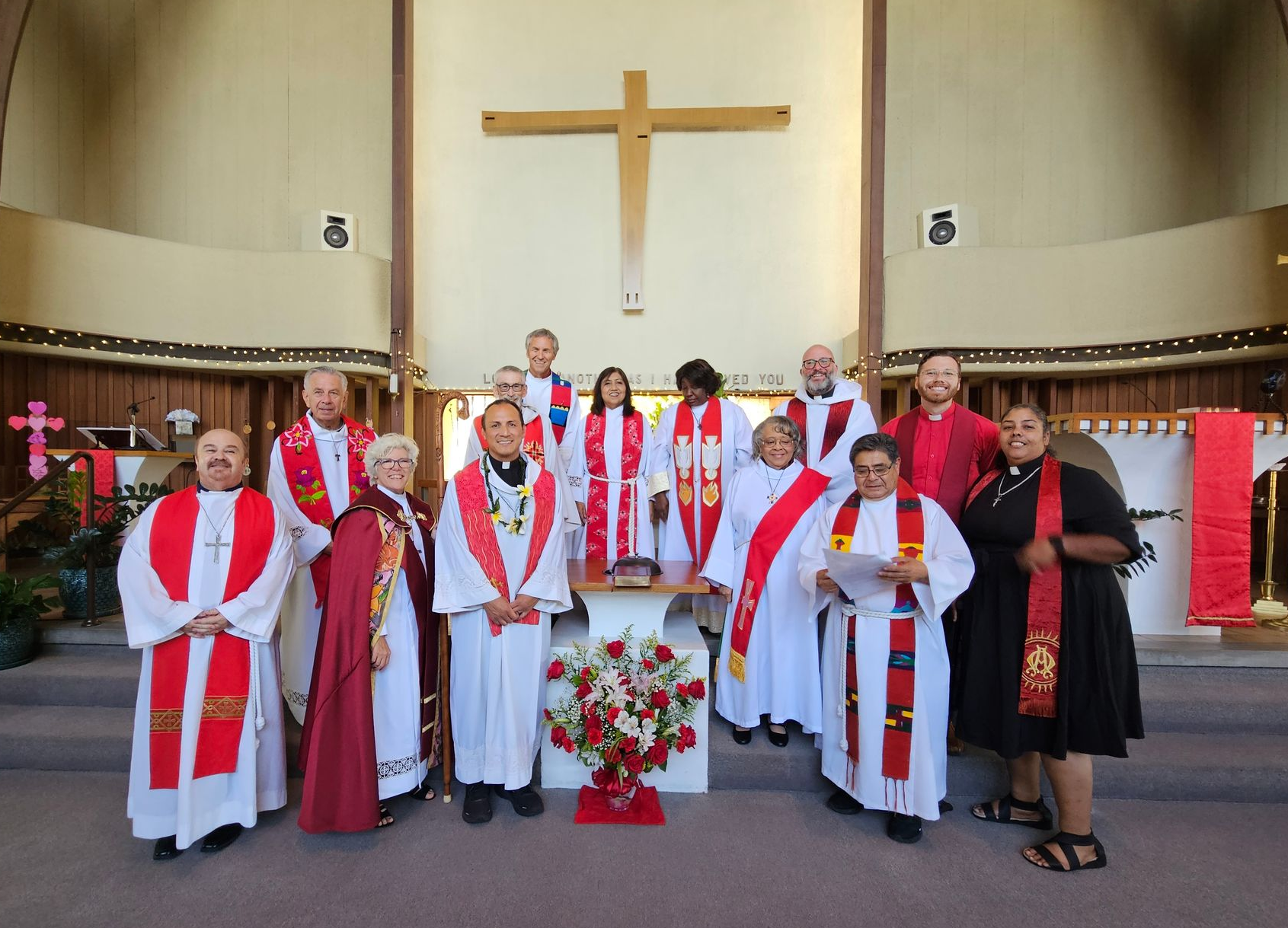June 9, 2025
Dear siblings in Christ, Yesterday, June 7, 2025, exactly five months after wildfires raged through Pacific Palisades and Altadena, the President of the United States deployed National Guard troops to Los Angeles. These troops were not requested by our governor. There is no natural disaster here. These troops were sent to quell "widespread violent protests" against ICE raids in our city. It is not clear whether there were any violent protests against ICE, which means even if there was violence, it was not "widespread." Los Angeles saw widespread violence in the 1993 riots - this is NOT that. There were peaceful protests, and the Los Angeles police report all is under control. But the president chose this moment to assert his power in our streets and intimidate our state and local leaders. What is the church to do? First, we call for peace. Peaceful protest is part of our American democracy. It is also part of the non-violent movement, built by Jesus, Gandhi, Rev. Dr. Martin Luther King and so many others. Jesus called us to be the salt of the earth, flavoring, savoring, keeping society fresh and vital. We are to call out injustice and demand rights for the marginalized. Second, we are to name a thing what it is. Intimidation by any force, positive or negative, good or evil, is wrong. In my mind, the answer is not to raise up against national guard, the answer is to encourage all parties to de-escalate, rather than escalate, the situation. The church can be a voice of solidarity, calm and spiritual strength. This does not mean we are weak: it means we bring the Holy Spirit into all scenarios. Third, we check in on those affected by this police action. We know people who will be in hiding. We know pastors who are caring for frightened church members. We know organizations (or we should learn about them!) who provide emergency legal aid and support to families affected by violence and arrest. We can stand in support with them. Fourth, we contact our elected officials. Let them know we care about justice for migrants and due process. Tell them peace for all people is our priority. No matter where you stand on immigration issues, as Christians, we are called to love, care, pray, offer a cup of cold water in Jesus' name. Preachers: preach about love and justice and freedom found only in Christ. Parishioners, pray mightily and see what the Holy Spirit is calling you to do. We cannot remain silent. God most holy, God most merciful, protect your people from harm. Remove hate from our hearts, remove fear from our bellies. Keep Los Angeles and the surrounding areas free from violence. Bring peace to our land, and change the hearts of those who wish us ill. In the powerful name of Jesus, Amen. With the love of God and the strength of the Holy Spirit, +Bishop Brenda Bos
